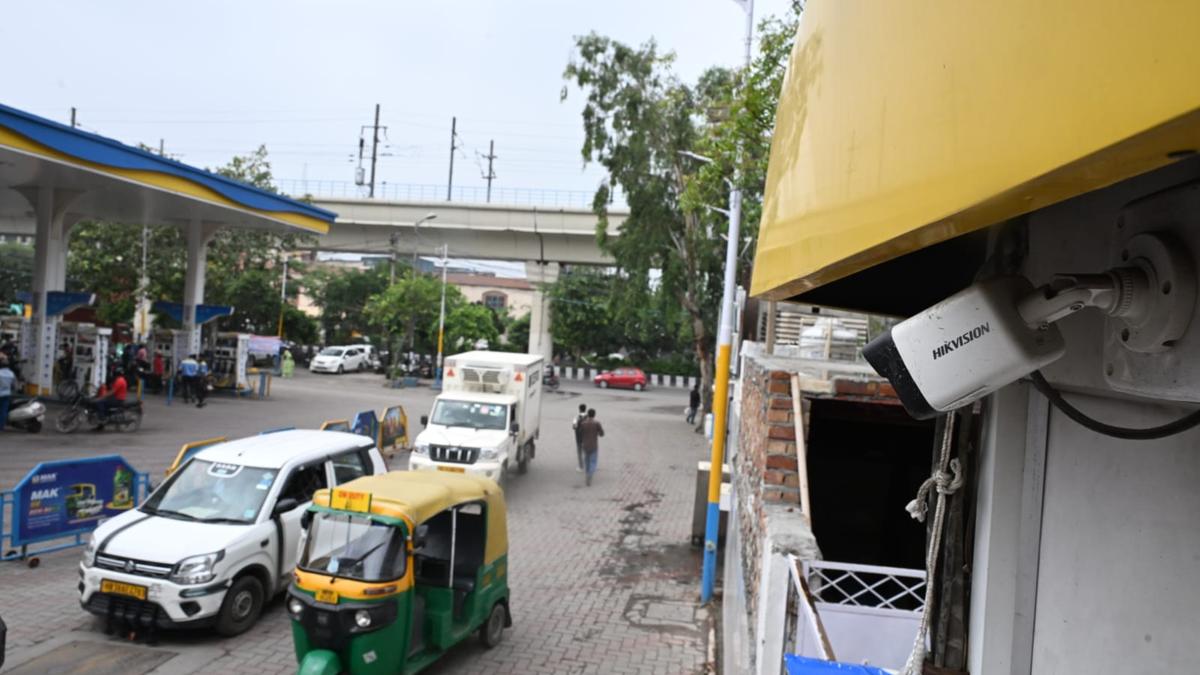Delhi has initiated a citywide ban on fuel supply to old vehicles that exceed the legal operational age, marking a bold push for cleaner air. Diesel vehicles over 10 years and petrol ones over 15 will no longer receive fuel at city pumps, with real-time surveillance systems to enforce compliance. The campaign underscores a strategic shift in Delhi’s fight against worsening air quality and climate health.
Under the new regulation, petrol pumps across the capital have been directed to withhold fuel from diesel vehicles older than 10 years and petrol vehicles older than 15. The crackdown is being executed using automated camera surveillance at refuelling stations, integrated with the vehicle registration database to instantly identify and flag violators. The effort is being implemented in collaboration with Delhi Traffic Police, who have been empowered to penalise non-compliant motorists. Vehicles found violating the ban will be subject to immediate challans or could be impounded depending on the severity of the breach. The enforcement drive is expected to become more stringent in the coming weeks as the city prepares for the winter smog season, where vehicular and industrial pollution typically spike.
Officials involved in the initiative describe it as a necessary intervention, considering the capital’s perennial battle with hazardous air quality. According to environmental experts, vehicular emissions account for nearly 40% of Delhi’s ambient air pollution. Old and poorly maintained vehicles are often the worst culprits, emitting disproportionately high levels of nitrogen oxides, carbon monoxide, and particulate matter. To enforce the fuel supply ban, the CAQM has mandated integration of high-resolution surveillance systems at petrol pumps with Delhi’s vehicle age and pollution compliance database. The system uses automatic number plate recognition (ANPR) technology to check if a vehicle at the pump falls within the banned category.
The initiative is expected to significantly reduce tailpipe emissions in the capital, particularly from high-pollution corridors and densely populated residential zones. The long-term vision includes promoting electric and non-polluting public transport modes while phasing out fossil fuel dependency. If effectively implemented, this campaign could lay the groundwork for an equitable and sustainable urban transport model, reinforcing Delhi’s commitment to climate resilience and public health in the face of intensifying environmental challenges.


